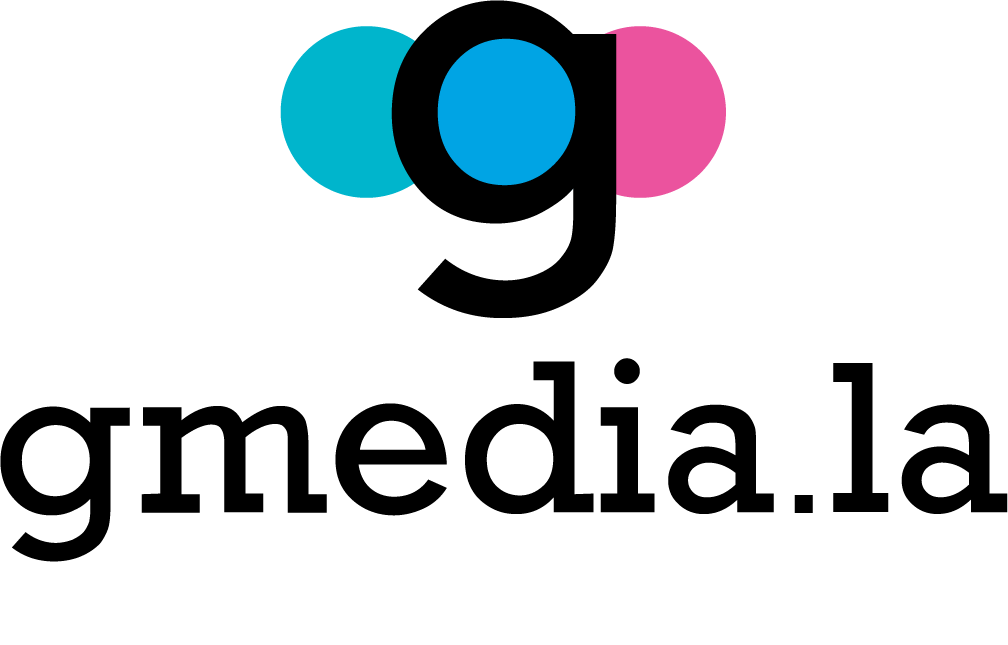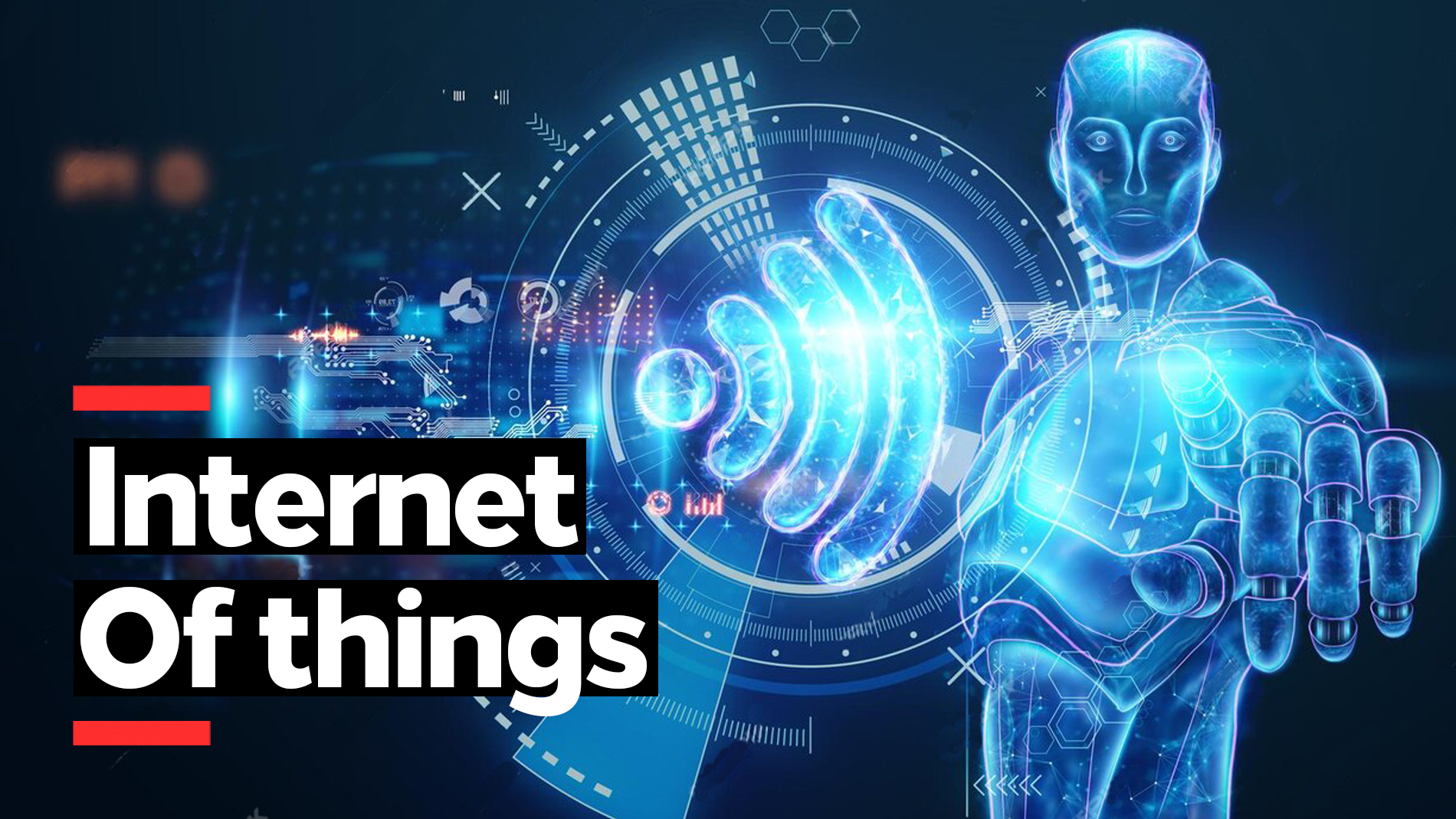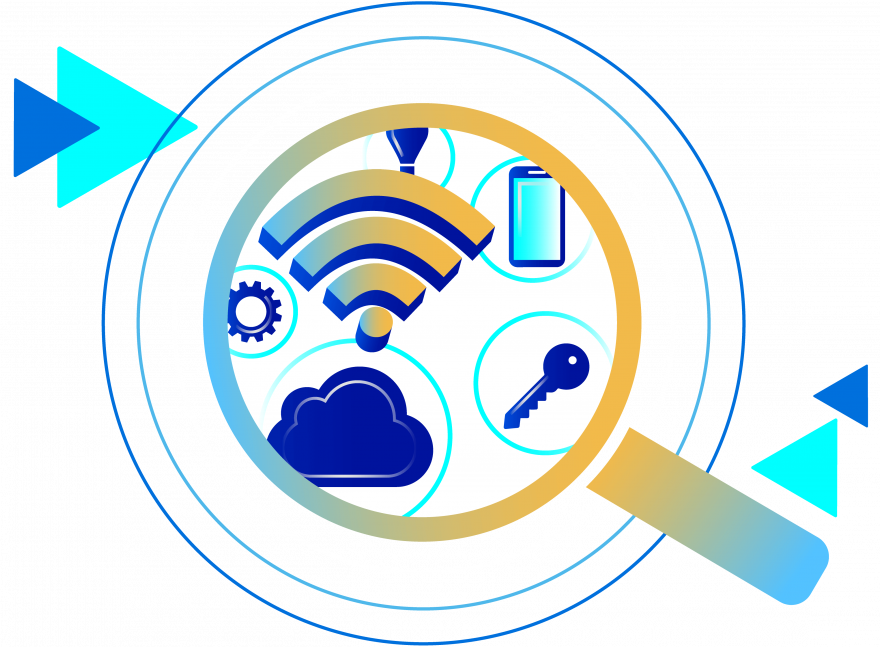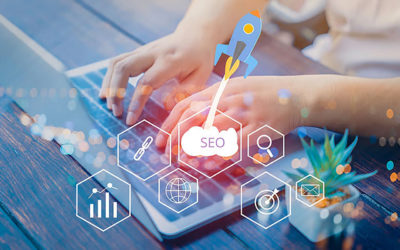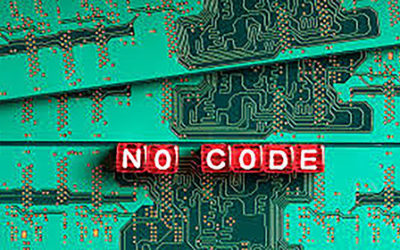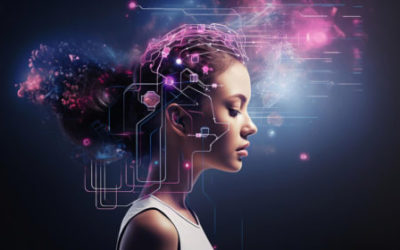What is IoT?
The Internet of Things (IoT) refers to the interconnection of physical devices over the Internet, allowing them to collect and share data. These devices can range from home appliances and industrial sensors to automobiles and medical devices. The key lies in its ability to collect information and take actions based on that data, without the need for direct human intervention.
IoT benefits
- Efficiency: IoT can improve efficiency in a variety of sectors, from supply chain management to agriculture, by enabling more accurate data collection and analysis.
- Convenience: Devices can make everyday life more convenient by automating repetitive tasks and providing remote access through mobile apps.
- Security: In sectors such as health and home security, IoT can provide advanced solutions to monitor and protect important assets.
IoT challenges
Although it offers numerous benefits, it also presents some important challenges that need to be addressed:
- Security: With the proliferation of connected devices, data security and privacy become critical concerns. IoT devices can be vulnerable to cyber attacks if proper security measures are not implemented.
- Standards and compatibility: The lack of common standards and interoperability between devices can hinder mass adoption of IoT and limit its effectiveness.
- Privacy: The use of data generated by Inteligentea devices raises concerns about user privacy and the possibility of invasive surveillance.}
Implementation
- Device selection: When implementing The Internet of Things, it is crucial to choose high-quality devices compatible with current security standards.
- Network infrastructure: A robust and secure network infrastructure is essential to ensure efficient communication between IoT devices and management systems.
- Data management: Proper management of data generated by devices is essential to extract meaningful information and make informed decisions.
Increasing Perspective
The IoT has significant socioeconomic impacts. Its adoption creates job opportunities for IoT developers, network engineers, and cybersecurity experts. Additionally, it fosters smarter and more sustainable cities with efficient infrastructure and transportation systems.
However, as we continue to navigate this world of IoT, it is essential to address the ethical and regulatory challenges that arise. Mass data collection raises questions about the privacy and security of personal information, and it is essential to establish legal frameworks and clear policies to protect user rights.
Conclusion
The Internet of Things promises to transform the way we interact with the world around us, from our homes to our cities and workplaces. However, to take full advantage of its benefits, it is crucial to understand both its capabilities and its challenges. With the information provided in this guide, we hope to have demystified IoT and provided a clear view of its potential and implications.
If you are looking for the perfect team to help you develop an effective website, we are also here to help you. Also, Contact us today to learn more about our Virtual Store Design services.
